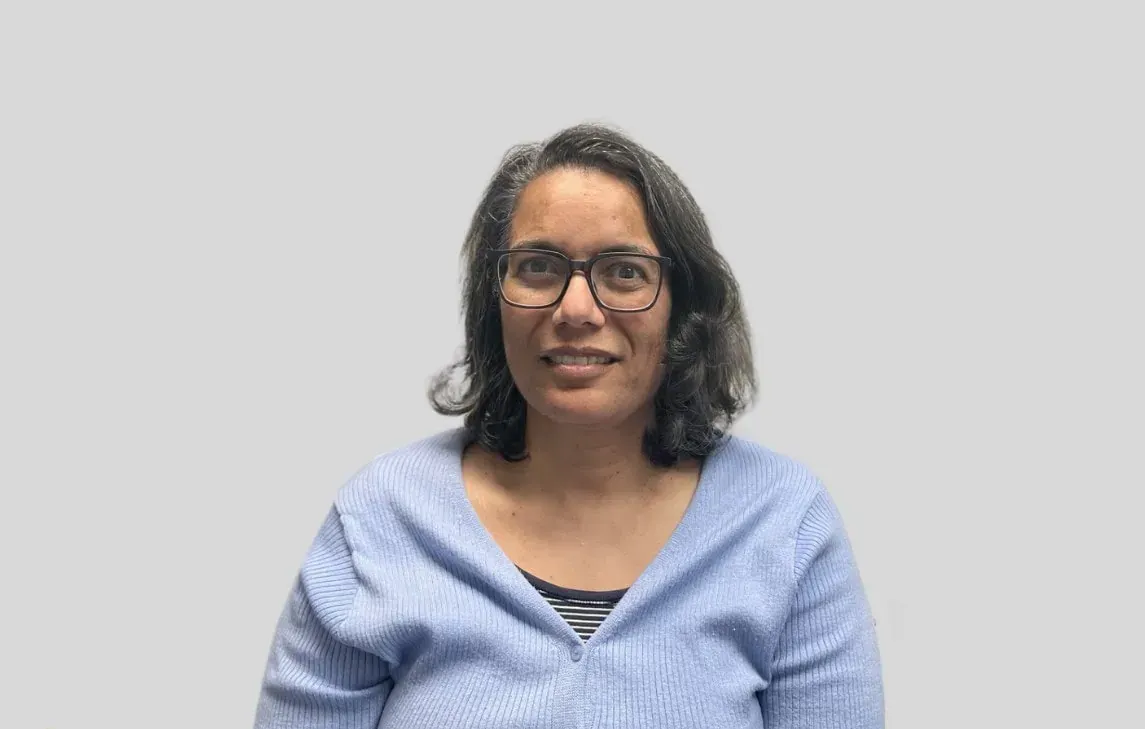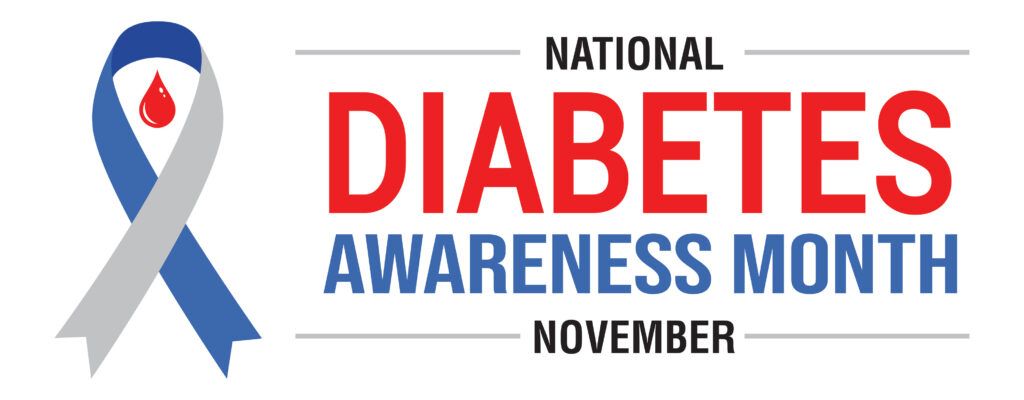Stronger, Sharper, Connected: The Four Pillars of Healthy Aging
Trinova Medical | Articles

Healthy aging isn’t about resisting time—it’s about making informed choices that preserve strength, sharpen the mind, and nurture vital connections. A growing body of research confirms that lifestyle, preventive care, and social engagement can dramatically shape the aging experience. Public health agencies, universities, and medical journals all point to four pillars that consistently support independence and quality of life.
Pillar 1: Stay Physically Strong
Movement is one of the most reliable predictors of longevity and independence.
A major meta-analysis in The Lancet found that physical activity reduces the risk of heart disease, diabetes, and certain cancers, while also lowering overall mortality. Importantly, benefits extend to people starting exercise later in life—improvements are measurable even in the eighth and ninth decades.
The CDC recommends 150 minutes of moderate activity per week, such as brisk walking, cycling, or swimming. But strength and balance training are just as critical: they reduce fall risk, maintain bone density, and support daily activities like carrying groceries or climbing stairs. Even small actions—taking stairs instead of elevators, practicing chair stands, or doing simple resistance band routines—help preserve independence.
For those with mobility challenges, Medicare may cover physical therapy to rebuild strength or improve balance, which is especially important after an illness or fall. Programs like
SilverSneakers, often included with Medicare Advantage, also encourage safe exercise in community settings.
Key idea: Building strength is not about athletic performance—it’s about extending the years you can live safely and independently at home.
Pillar 2: Prioritize Preventive Care
Preventive health services remain one of the most underutilized benefits for older adults. The U.S. Preventive Services Task Force recommends regular screenings for blood pressure, cholesterol, diabetes, certain cancers, and mental health conditions. Medicare covers an annual wellness visit, as well as vaccines for flu, shingles, pneumonia, and COVID-19.
Yet data show gaps: a CDC study found that fewer than 8% of adults aged 35+ were fully up to date with high-priority preventive services, and among older adults specifically, only about one-third of women and 40% of men had received all recommended services.
The cost of neglecting prevention is high—delayed detection can lead to advanced disease, more hospitalizations, and higher out-of-pocket costs. On the other hand, consistent use of preventive care not only saves lives but reduces healthcare spending. For example, colorectal cancer screenings can detect precancerous polyps before they progress, while blood pressure management reduces stroke risk.
Key idea: Prevention is one of the strongest tools for adding healthy years—and most of it is already covered at no additional cost.
Pillar 3: Protect Cognitive Sharpness
Cognitive health is one of the greatest concerns of older adults. Mild cognitive impairment (MCI) affects 12–18% of people over age 60, and while not all cases progress to dementia, early detection is vital. The National Institute on
Aging emphasizes that monitoring cognition allows earlier intervention and planning.
Lifestyle plays a measurable role. Studies suggest that regular aerobic activity, combined with blood pressure management and cognitive stimulation (puzzles, learning new skills, reading), can slow cognitive decline. Social engagement also acts as a buffer, lowering dementia risk.
Medicare’s annual wellness visit now includes an optional cognitive assessment, which can help identify subtle changes early. Patients and families should feel empowered to ask for this screening, especially if memory concerns arise.
Key idea: While there is no cure for Alzheimer’s, maintaining vascular health, staying active, and engaging mentally can significantly influence cognitive resilience.
Pillar 4: Stay Socially Connected
Loneliness and social isolation are increasingly recognized as medical risk factors. The U.S. Surgeon General’s 2023 advisory warned that lacking social connection raises the risk of premature death as much as smoking 15 cigarettes per day. Research links isolation to a 29% higher risk of heart disease and a 32% higher risk of stroke.
A June 2024 analysis went further, showing that chronic loneliness increased stroke risk among adults over 50 by 56%. The health effects are so profound that organizations like the American Heart Association and AMA now include social connection in cardiovascular and brain health strategies.
Solutions exist. Community programs, volunteer groups, exercise classes, and even digital tools can build meaningful connection. Medicare may cover counseling for depression or loneliness, and local senior centers often provide free or low-cost social opportunities.
Key idea: Social connection is not optional—it is a form of preventive medicine for both body and brain.
Practical Takeaways
- Move every day: Walking, strength training, and balance exercises protect independence.
- Use your benefits: Schedule annual wellness visits and stay current with vaccines and screenings.
- Check your memory: Ask for cognitive assessments—early detection makes a difference.
- Build connection: Treat social health as essential as heart health.
___
Trinova Medical
provides patient-focused primary care in Pensacola, FL, featuring coordinated care teams, convenient scheduling, and round-the-clock provider access for all your healthcare needs. Our specialized
Trinova 65+
program offers seniors comprehensive medication management, dedicated care coordination, and personalized health assessments designed specifically for older adults. We're committed to listening, caring, and partnering with you on your health journey. Call
(850) 848-9500 for more information.
Disclaimer: The content on this blog is intended for informational and educational purposes only. It should not be used as a substitute for professional medical advice. Always consult with your healthcare provider regarding any health-related questions or concerns.
Recommended Post:





